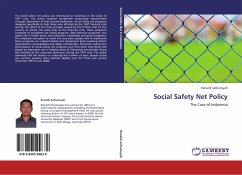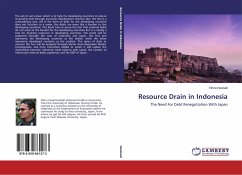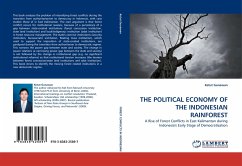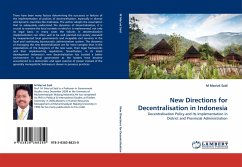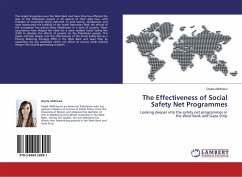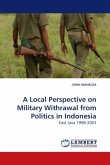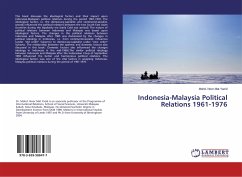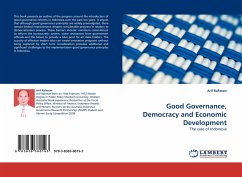The social safety net policy was introduced in Indonesia in the wake of 1997 crisis. The policy targeted households temporarily impoverished through deprivation of their normal livelihoods. Social safety net programs designed specifically to help those who affected by the 1997 financial crisis and by the effect of the long drought caused by the El Nino that hit the country at almost the same time as the financial crisis. These programs consisted of subsidized rice (food) program, labor-intensive programs, and safety net in health sector and education scholarship and grant programs. The emphasis was given to reach the very poor people and to implement these programs on a decentralized and transparent basis involving district governments, municipalities and village communities. This book reviews the performance of social safety net programs and find them most likely had played an important role in helping many of Indonesian households facing the hardship of the economic downturn during the 1997 crisis. The policy obviously had the impact on reducing the number of poor people across the country; poverty rates declined slightly over the three year period (from late 1997 to late 2000).
Bitte wählen Sie Ihr Anliegen aus.
Rechnungen
Retourenschein anfordern
Bestellstatus
Storno

